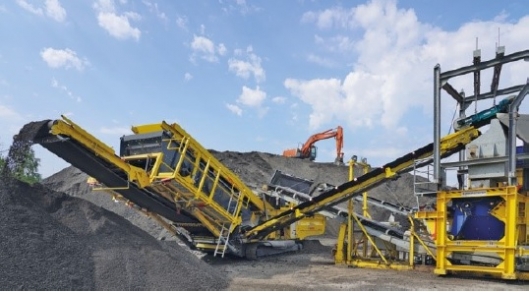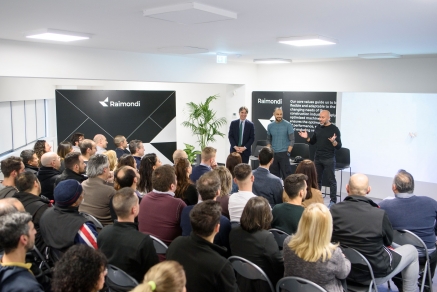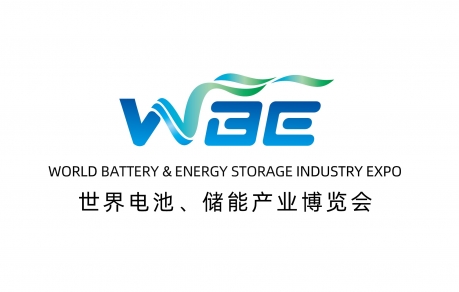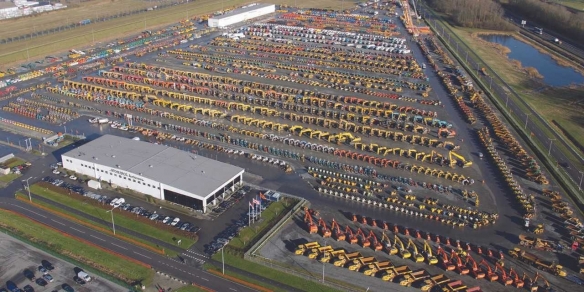In the beautiful territory of Marche en Famenne in Belgium, the company Famenne Enrobés produces and supplies hydrocarbon coatings for the road sector. With a staff of 15 employees they manage besides their offices, an asphalt production plant, an asphalt recycling plant & their own laboratory. All on the same location. The asphalt plant, installed in 2004, produces up to 320 t/h.
For the treatment of the recovered asphalt they use an electric driven three-deck classifier Keestrack C6e in combination with two, also movable, electric driven primary and secondary roller crushers . In 2019 the decision was taken to replace their classifier with the electric driven Keestrack C6e because they wanted an ecologic and more economical solution for their hydrocarbon coating recycling process and choose a full electric driven solution. But also the compact, one piece, transport solution was a key factor, as the classifier sometimes is operational at other sites.
Mr. Patrick Noiset, the director of Famenne Enrobés explains the process of their fully electric driven asphalt recycling process (recycling process for hydrocarbon coatings). Up to 50% of bottom layer asphalt can consist of the high quality recycled asphalt which they produce in their asphalt recycling plant. The top layer in Belgium roadworks always exists of 100% new asphalt as in the Walloon Region, the Qualiroute specifications do not allow any recycled material in the wear layers currently.
The asphalt recycling station is 100% electric driven connected to the mains network. Due to their specific set-up of this application they can produce top quality asphalt (0-11 mm) in closed circuit. The process incorporates primary crushing - size control – recirculation to a secondary crushing stage – final separation. This is achieved with the Keestrack C6e and 2 static, electric driven asphalt crushers.
The primary roller crusher is fed by the wheel loader and creates a coarse fraction which enters the feeder of the C6e, the 11/40 mm fraction is transported back into the secondary roller crusher, creating a closed circuit with a very specific 0-11 mm granulate. The roller crushers ensure a perfect end granulate product as it crushes exactly at the right characteristics of the asphalt, maintaining the aggregate and separating it from the tar without excess of fine fraction. The asphalt recycling plant produces up to 100 t/h.
With the contribution of their own laboratory Famenne Enrobés controls their production process to the detail. Grain size and the bitumen oil content is strictly controlled in their recycling process by continuous checks. This way a homogeneous high-quality end product is guaranteed.
“The possibility to plug-in the C6e classifier into the mains was a must for Famenne Enrobés” according to Mr. Patrick Noiset, “We want to be able to produce at zero carbon footprint”.
The possibility to run the classifier also from its own diesel engine and gen-set, and to have it easily transportable in one piece, is also an added value as the equipment moves 3 to 4 times a year to other sites. Above these advantages the electric driven C6e also needs less maintenance when plugged into the electrical network as the diesel engine is not used at that point. As the electric driven parts use less hydraulic oil there is also less maintenance costs and less environmental risk due to leakage.
All the environmental criteria are positive and made Famenne Enrobés choose the Keestrack C6e classifier. François Bricheux, recently retired from Keestrack, explains the economic advantages of the electric plug-in classifier. “A modern diesel/hydraulic classifier uses on average 14 l/h. This C6e uses only 9 l/h when it runs on its own on-board diesel engine and generator (33% less). When plugged-in to the electric grid it uses 27kWh (±70% energy cost savings).”
Foto: Keestrack C6e classifier in closed circuit with the primary and secondary roller crusher.





